I am Neetu Chitkara, IIM Bangalore’s representative for Olympus.
Quick introduction before the action starts 😉
Neetu Chitkara. Age 22. Physics Graduate from Delhi University. Fresher. Looking forward to come to IIMC 🙂
______________________________________________________________________________
Question of the Day (2.1.08)
Question: Who amongst the other 5 candidates do you think is your biggest competitor in Olympus 2008?
My biggest competitor for Olympus- Like a true consultant, when I think about this question the first thing that comes to my mind is, “So, what is the existing information that I have, based on which to take the decision.”
I think about the blog and what it conveys to me. Indeed, as I reflect on the posts, I find something special in each of my competitors, something that I not just appreciate but also hope to learn from, in our time together at IIMC:
Kedar-Innovative approach- Whether it is off-beat approach of the New Year resolutions post or his conjuring up images of political party recruiting from IIM’s in 2025 in the one on youth and politics, his innovative way of looking at things as well as communicating it is inspring.
Arjun –Practical- From his very first sentence in the blog “Every word that I write here is with the aim of emerging as the winner of this competition between the IIMs” to his looking for solutions to impediments of credibility and channel in the response to the youth & politics question , really like his candid and down to earth manner.
Kaushik– Proactiveness- The effort of reading and reflecting on the posts of every other candidate and putting in his comments so that the other person also benefits from his point of view, is truly commendable.
Rajat– the classic storyteller- Almost everyone has different opinions and anecdotes to share but trust Rajat to make his posts not just strong on analysis but also good to read through his style of writing as well as use of hand-picked quotes
Anshul—Breadth of issues covered- Moon mission, student unions, laptops for everyone, IT workforce, cleanliness, Barrack Obama campaign, the sheer breadth of the issues covered in his posts is a reflection of his knowledge.
But does that answer the question? Who is THE biggest competitor? And this time I look at one of the mails from the Olympus team inviting entries. It talks about ‘potential as a future leader’, about ‘overall personality’. Again like a consultant, I ask myself “So, is the information that I have, enough from me to answer THE question?”
And the answer that comes to me is “No, ye to bas trailer hai, picture abhi baki hai mere dost!”
May the best man/woman win 😉
Neetu
_______________________________________________________________________________________
Question of the Day (1.1.2008)
Question: Educated, energetic and able youngsters of our country (except those belonging to some political linage) often shy away from entering politics and hence do not take up a direct responsibility of making a positive impact on the society. Comment.
What’s wrong with Indian Politics?
Politics, n: [Poly “many” + tics “blood-sucking parasites”] ~Larry Hardiman
The combination of a weak judiciary, corrupt bureaucracy and widespread police-politician nexus has led Indian politics to the abominable state that it is in today. The climate is such that even those with good intentions often end up crossing to the ‘dark side’; often adopting themselves, the very woes that they set out to fight.
And the situation is not getting any better either. As the Tehelka and the Volcker scams show, the malice is prevalent till the highest levels of politicians. Clearly, the Indian political scenario is in dire need of a makeover!
Is youth joining politics the solution?
From software professionals to young B-school graduates, Indian youth has been stamping their authority all over the globe. If youth can change the face of corporate India, the argument goes, then why not that of Indian politics as well? Isn’t it the responsibility of the youth to make a positive impact on the society through involvement in active politics?
My answer to that is two-fold.
a.Youth is not the criterion for improvement in the political scenario, integrity is. 
I take the example of the movie Yuva, where Ajay Devgan, a young idealistic leader with an aim to set right student politics ultimately ends up fighting fire with fire i.e. resorting to the very means that he wanted to fight against in the beginning. The same happens often in real life as well.
Fortunately, there are still some politicians like our Prime Minister Dr. Manmohan Singh who have managed to maintain a clean record. But then that is a function of their integrity, their intellectual background rather than youth per se, which is exactly the point.
b.Politics is not the only way to make a positive impact on society
While politics is perhaps one of the more visible ways to make a difference, it is not the only one. Many young Indians have come back after studying from top universities abroad to set up voluntary organizations, micro-finance companies etc. Vikram Akula, the founder of SKS microfinance is a case in point.
Shahrukh Khan in Swades is the epitome of all these young Indians who are making a difference in their own way. Thus even though, they have not joined politics they are definitely taking up their responsibility towards society.
Way forward..
So what’s the answer then? My take on it is that entering active politics is not a panacea. Small measures that many of us often overlook such as casting our vote, not giving bribes on an individual level or raising our voice through PILs/ Right to Information Act are more tangible measures which can actually create perhaps a much bigger impact.
Of course, politics still needs good people but the definition of good is not based on age as a factor but more on qualities such as integrity, leadership, vision and a strong drive to serve the country.
___________________________________________________________________________________________________________________________
Question of the Day (31/12/2007)
On the eve of the new year what targets should India as a country set for itself to achieve in 2008?
“Rising rupee..global slowdown..SEZs..Education..rural development..political turmoil..nuclear power.. healthcare.. oil price rise..infrastructure..sustainable growth….”
The list of issues screaming for attention for the efficient running of this gargantuan machine called India , that we live in is endless. And yet as the 80-20 rule of management goes, in this plethora, my effort was to focus on four basic themes which I feel are most critical for our growth in 2008 as well as in the long run.
1.Education and Healthcare:
While the BRIC report generated a lot of feel good factor based on ‘India’s demographic dividend’, it has been widely recognized now that in the absence of proper education and healthcare facilities, this demographic dividend will not be of any use.
Literacy levels in India still lag that of many developing countries, including in sub-Saharan Africa. China’s literacy rate is 90.9 percent; Kenya’s is 85.1 percent while India’s is merely 65.2 percent. The healthcare situation is not any better either. Rampant child malnutrition poses a major threat with nearly 46 percent of all Indian children under three years old being malnourished.
Nobel Laureate Amartya Sen noticed this and recently called for accountability in delivery of elementary education and public healthcare services in the country. He also stressed on effective use of resources and co-operation with unions in these sectors.
Indeed, if we are to reap the benefits of the demographic dividend, clear improvement in literacy rates as well as provision of healthcare facilities should be the topmost in the list of aims.
2.Infrastructure:
While India has been growing at a significant pace in recent times, achieving and sustaining the increased rate of growth would depend, largely on our ability to attract large investments in the future which in turn, is critically dependent upon the availability of adequate physical infrastructure. Clearly, the twin issues of insufficient investment and inadequate infrastructure are inextricably linked to each other. Inadequate infrastructure makes investment in industry unattractive. On the other hand, infrastructure, even with the necessary reforms, cannot be improved without adequate investment.
The infrastructure sector in India has traditionally been the preserve of the government. In the past, however, budgetary constraints have made the actual supply of infrastructure much shorter than the demand. As a result, investment as a proportion of GDP is quite low in India compared to other developing economies.
Government alone, even after fiscal consolidation will not be able to generate the required resources needed for adequate investment to support sustainable annual growth of 7- 8%. Thus, there is a need to increasingly involve the private sector and also attract foreign investment. Public- private partnerships are becoming an increasingly important alternative to traditional public investment. As Indian economy opens up more to the world in the time to come, the infrastructure projects could be funded from capital markets. It would also channelize domestic savings into multiplicative growth.
3.Maintaining Competitiveness:
The socialist phase in the Indian economy virtually eliminated competition and productivity. Slowly as the economy liberalized, the trend reversed and exports grew. Boosted by the growing IT services, India’s foreign exchanges coffers began to swell but today the tide has turned again. Threatened by a rising rupee and the emergence of other cost-competitive nations (Ireland, East European countries, China), Indian exporters are facing the heat. The government can also intervene only to a limited to extent providing certain sops. But artificially trying to depreciate is not a viable option and a stronger rupee is here to stay. What we need to do, therefore, is to move up the value chain – from being mere providers of low cost services to matching the global standards of quality and technology. This can only be fostered through increased competitiveness, both domestic and foreign. The easing of protectionist policies and tariffs would lead to improved choices for the Indian consumer and drive productivity levels in the economy and allow industries/firms to expand strategically. This will facilitate economies of scale and scope, which can result in better prices and quality for consumers.
4.On the offensive:
What role can India play in shaping the world’s future? This is a question least deliberated upon. Perhaps because most of us feel that this is something that cannot be changed in a single year. But then, if the same continues every year, it is unlikely that things will ever change!
With its growing economy India is bound to play an important role in World political & economic scenario. But what exact role should this be? Year 2008 seems just the right time when India can proactively take concrete steps in this direction. Some of these include – leading the developing countries in trade negotiations with developed world, addressing issues like global warming and human rights. By doing so, India would not only contribute to the development of the world but also gain legitimacy as a social and economic superpower.
Concrete steps in year 2008 will pave the road for greater role in the future.
Those were the 4 themes that I wanted to talk about. Hope that in the year 2008 there is some action beyond rhetoric on these counts.
Till then,
Keep the faith and
Question of the day – 30/12
Will cooperation rather than competition amongst the IIM students’ community, help in building a stronger brand in the long run?
When I think of the words, competition and collaboration in succession, the first thing that comes to my mind is the movie ‘Chak De’. India being the proverbial land of diversity, there is often competition between people of different states, different languages and the like. And yet, when faced with a situation where their identity is threatened as ‘Indians’, all these ‘different’ people almost always unite against that force and at least in reel life, almost always win 😉
How does that relate to us at IIMs? Well, often in our inter-IIM meets there is fierce (and when I say fierce, I mean FIERCE!) competition to prove who is superior. The media also plays a role in it, often stating news about placements such that it pits one IIM against the other. Is it good? A lot of times it is. Competition, after all, motivates us to work harder, not just to keep pace but stay ahead.
And yet, as many of us go out and join companies where we are often pitted against graduates of Harvard and Wharton and the like, somehow that feeling of co-operation automatically comes in and rightly so, for then, we all stand under one common umbrella of the name- Indian Institute of Management. IIM.
Motto of the story: When you play in nationals, compete. But when you play in the World Cup: Play as a team. Because that is only way to change the balance of power in a system where you are still on your way to prove your absolute leadership (whether it is India we are talking about or the IIM’s)
Visit this page for updates from my side.
Neetu


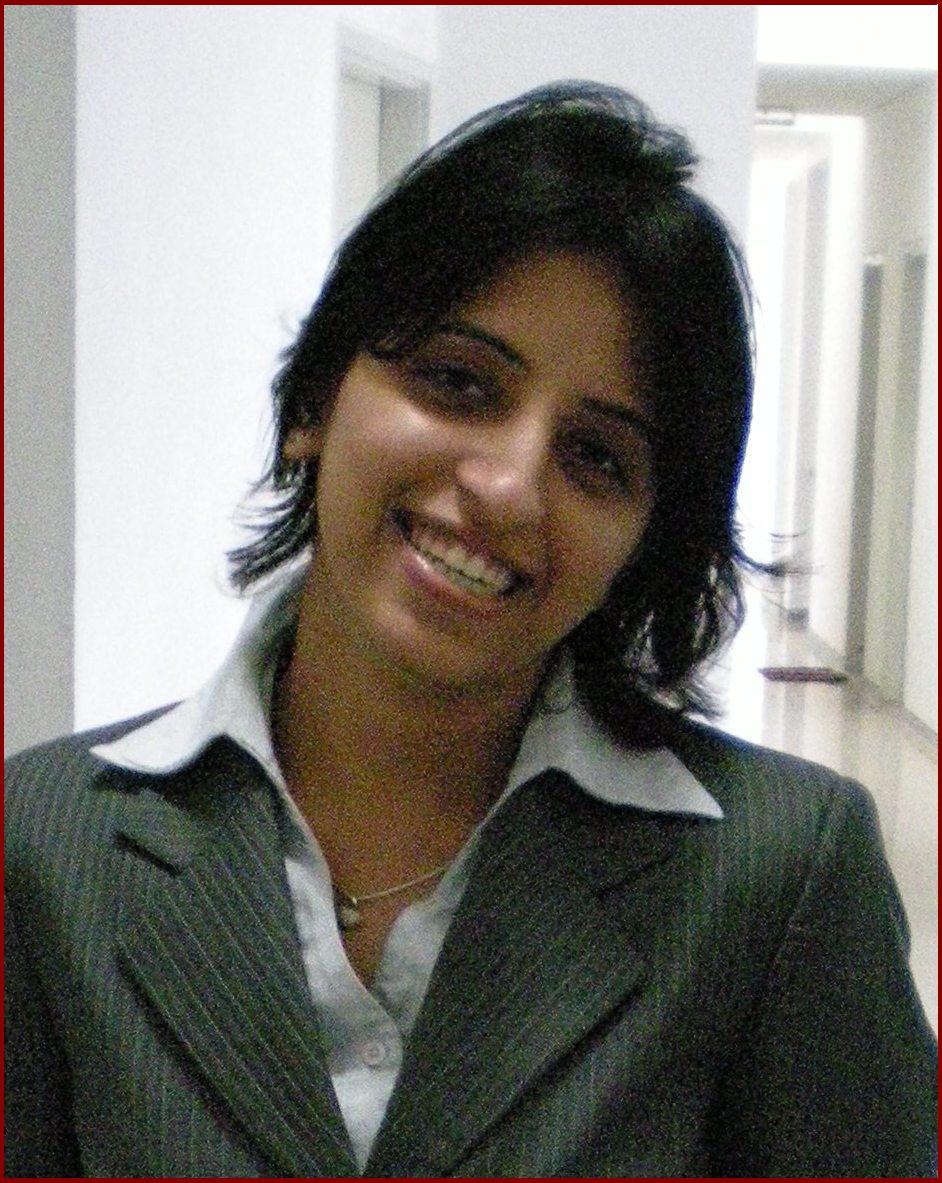
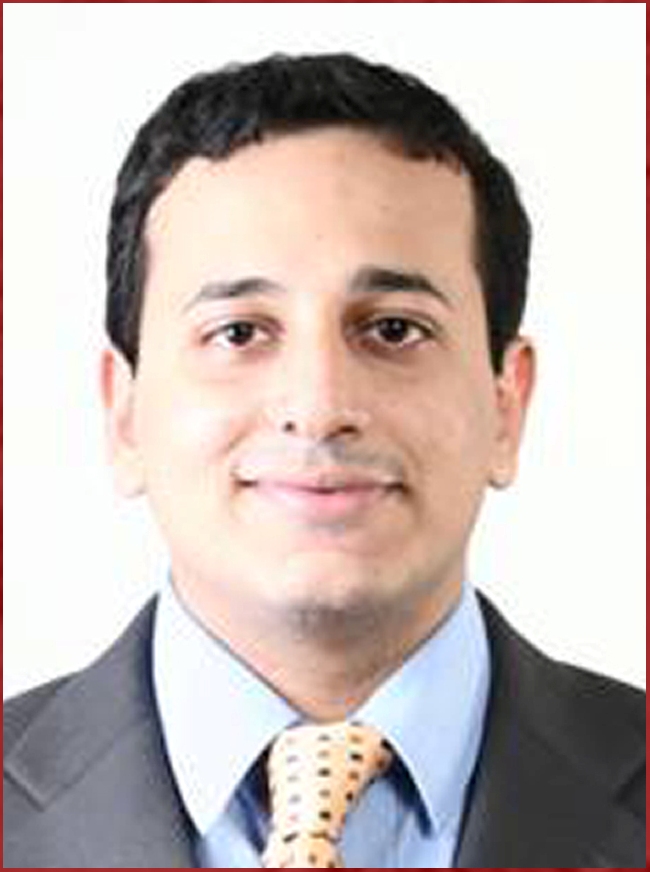


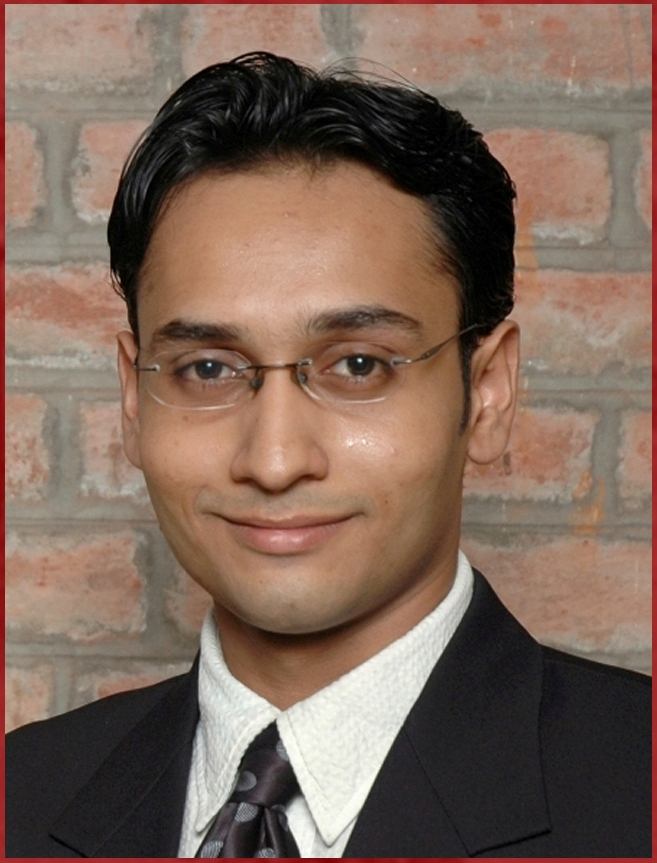
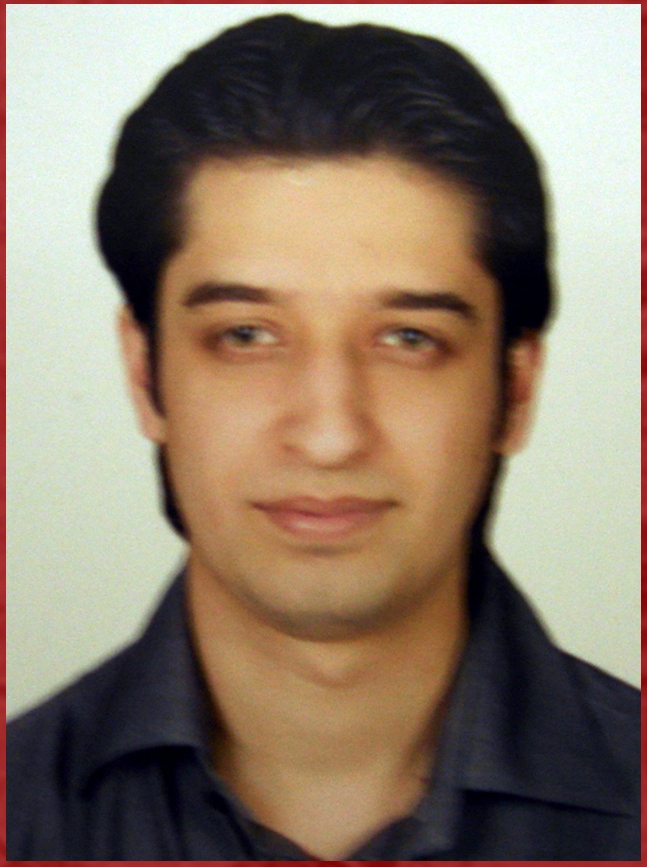
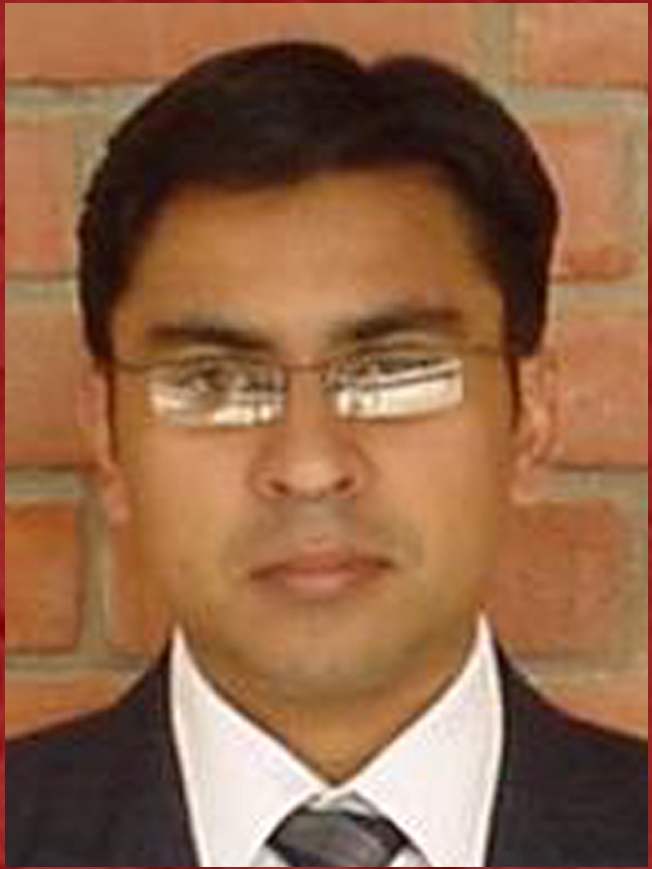
Short and sweet answer……keep it up!!!
Nice. Wish somehow the simple points will reach the planners
Was pleasantly surprised to read your point on ‘Education and Healthcare’ ! I agree to your viewpoint – and in fact, had mentioned in my post yesterday that unless we tackle these two issues, it could be near impossible to stem poverty. The only issue with drawing comparisons with other nations is the fact that India towers over most of the other nations as far as sheer population size goes. No excuses, I know – but I guess, that means it might be a tad more difficult to implement the suggested changes than in other countries. Hope floats.
Your views on Indian Politics are actionable.
It’s like “when paradigms change, the world itself changes with them –Thomas Kuhn “
Thought provoking !!
Validations